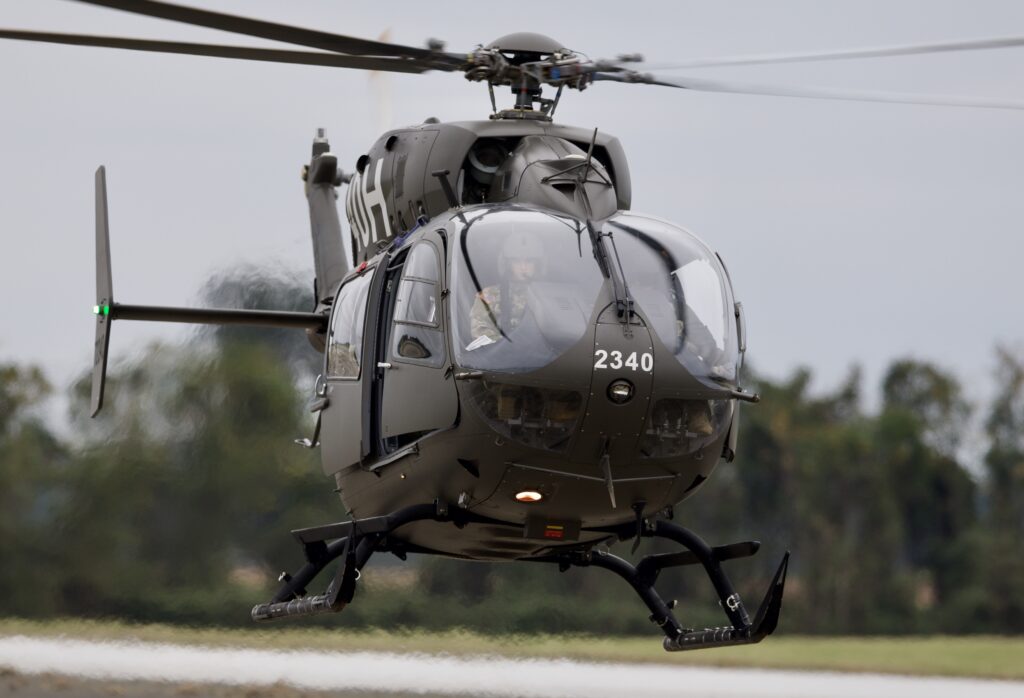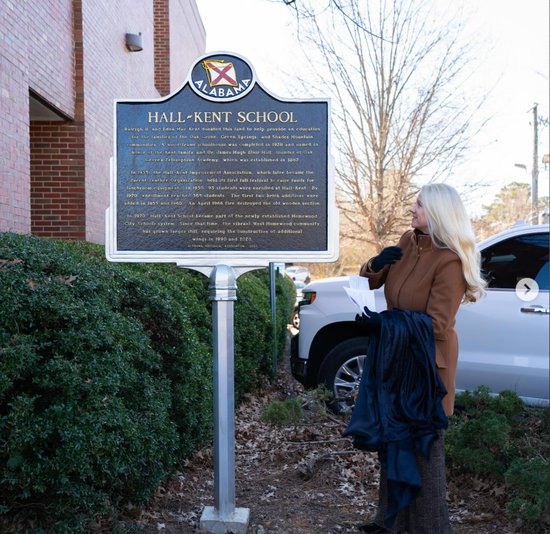
U.S. Army Warrant Officer 1 Josh Bilby, assigned to Bravo Company, 1st Battalion, 145th Aviation Regiment, performs a hover taxi in a UH-72 Lakota Helicopter on Toth Stagefield Army Heliport, Fort Rucker, AL,. November 8, 2019. These Army Aviation students are completing their first phase of flight training to become U.S. Army helicopter pilots. (U.S. Army Reserve Photo by Staff Sgt. Austin Berner)
U.S. aerospace leader Boeing and Italian firm Leonardo have announced a partnership to provide a contractor-owned, contractor-operated (COCO) solution for the U.S. Army. This initiative aims to modernize the Army’s flight training program, specifically within the Flight School Next framework. The announcement was made during the Association of the U.S. Army’s annual conference in Washington on October 16, 2023.
The collaboration seeks to deliver a flexible and scalable approach to rotary-wing training, emphasizing a return to fundamental flying techniques using a single-engine helicopter. This strategic shift comes as the Army faces persistent aviation accidents and recognizes the need for a comprehensive overhaul of its pilot training protocols. The plan includes re-evaluating the types of aircraft used for training and transitioning to a COCO model, which has been shown to offer significant cost savings.
In a study commissioned by the Army in 2020, the Boston Consulting Group found that transitioning to a single-engine trainer could save the Army “hundreds of millions of dollars.” Additionally, a subsequent study led by the College of William & Mary’s MBA fellowship program indicated that a COCO model would be more effective than the current government-owned, government-operated approach.
The Army is moving swiftly, having already issued a draft request for proposals. According to Maj. Gen. Clair Gill, commander of the Army Aviation Center of Excellence Command at Fort Rucker, Alabama, a final request for proposals is expected soon, with evaluations planned for 2026. The Army aims to implement a solution by early fiscal year 2027.
Boeing brings a wealth of experience in Army aviation, supplying both the AH-64 Apache attack helicopter and the CH-47 Chinook cargo helicopter. The integration of Boeing’s expertise with Leonardo’s AW119T training helicopter is anticipated to create a robust training solution.
“We are bringing together two industry leaders to offer the Army a turnkey, innovative approach to rotary-wing training,” stated John Chicoli, senior director for U.S. Army, Marines & Special Operations/Missions at Boeing Global Services. He emphasized that this partnership will enhance aviator proficiency and operational efficiency throughout the program’s lifecycle.
Boeing’s existing training offerings for the AH-64 Apache fleet include live, virtual, and constructive simulations, cockpit procedure trainers, and instructor development programs. The company’s program management and systems integration capabilities position it well to lead complex, long-term training initiatives like Flight School Next.
Leonardo’s AW119T has logged over 100,000 flight hours, including more than 16,000 hours under instrument flight rules and 40,000 touchdown autorotations. Currently, the company supports 130 AW119Ts operated by the U.S. Navy near Fort Rucker.
The collaborative proposal extends beyond aircraft delivery. Boeing and Leonardo plan to provide a multi-faceted service offering that aims to increase flight training hours and skill proficiency, while ensuring a flexible, scalable training model throughout the duration of the contract. This partnership underscores a significant step towards enhancing the effectiveness of Army aviator training and improving safety in military aviation.






